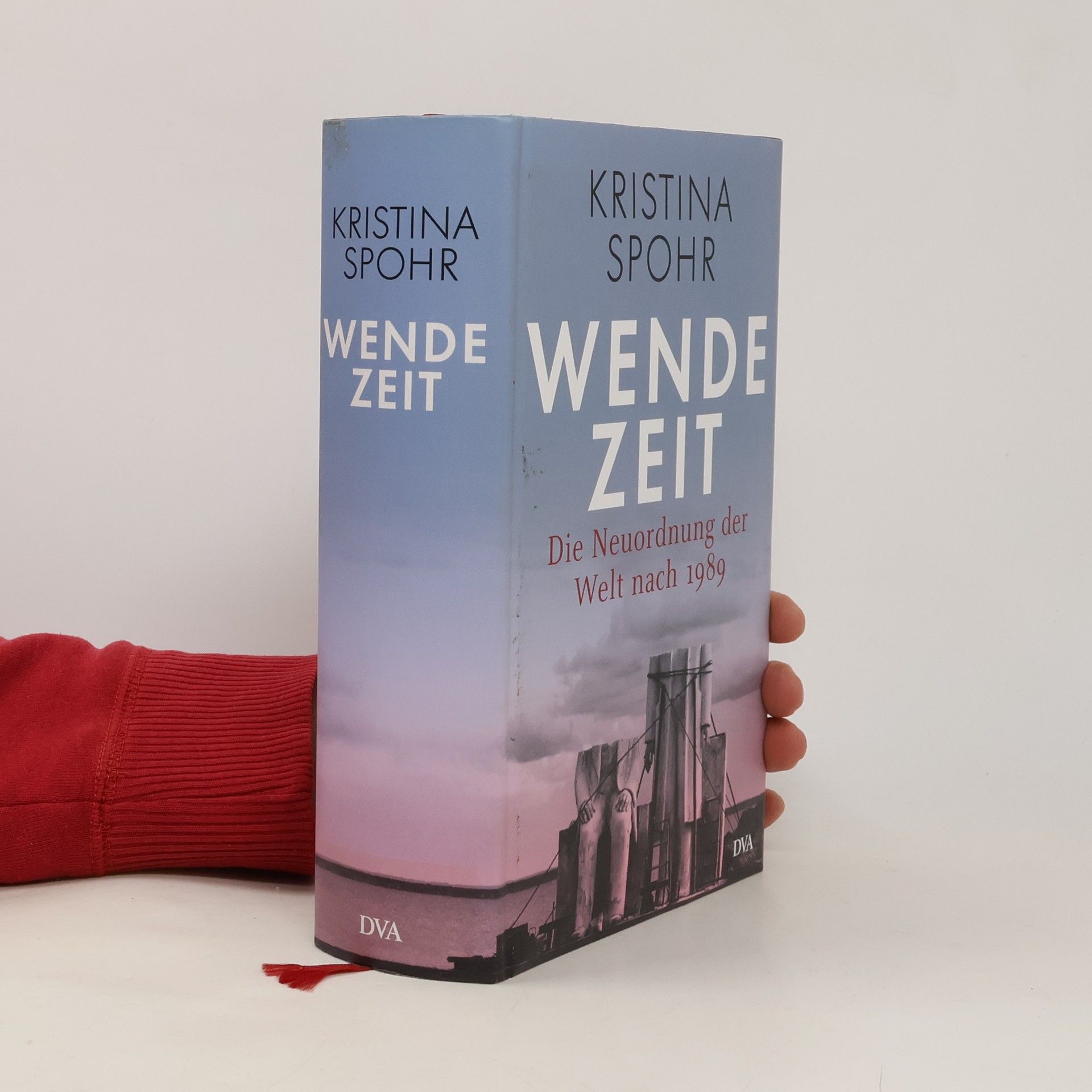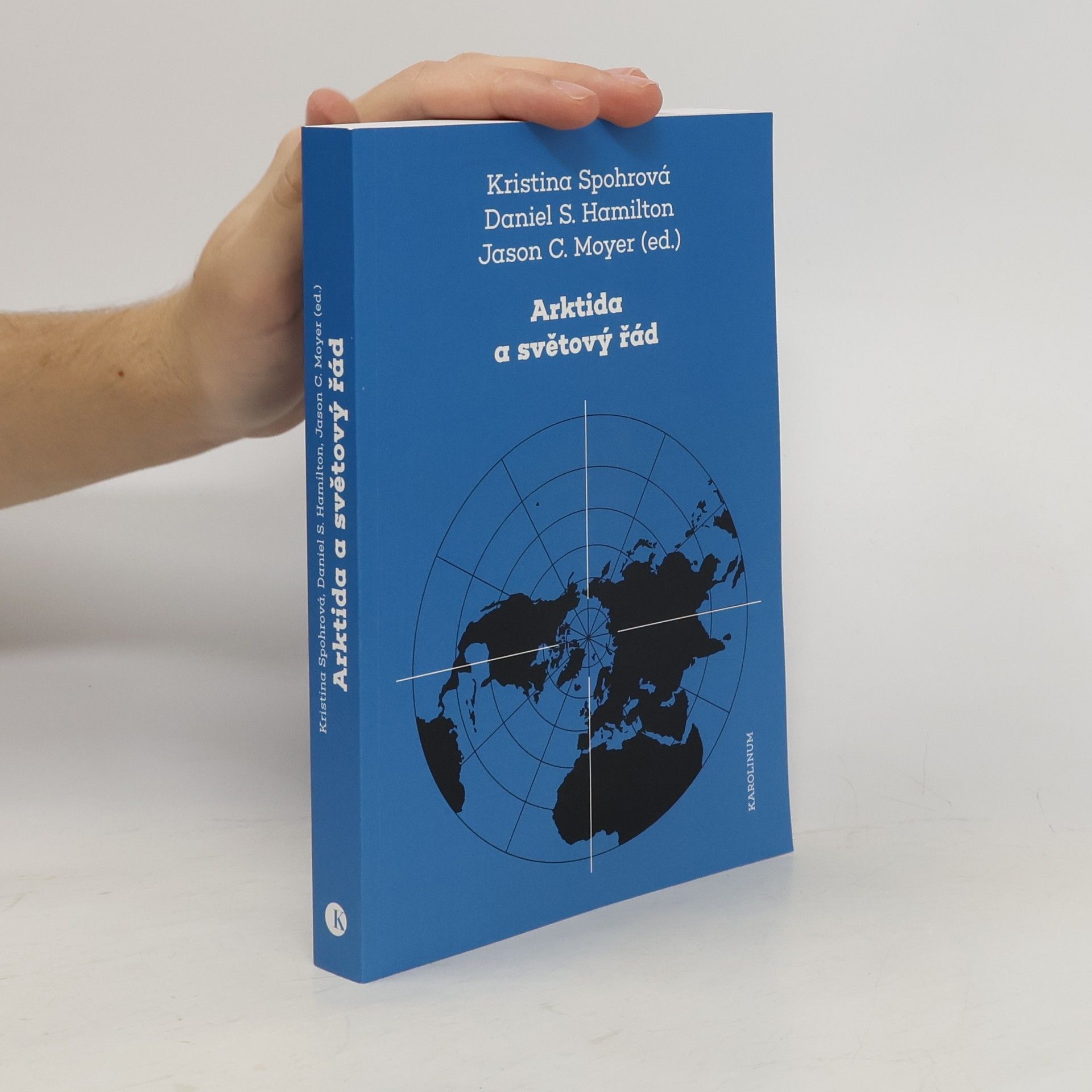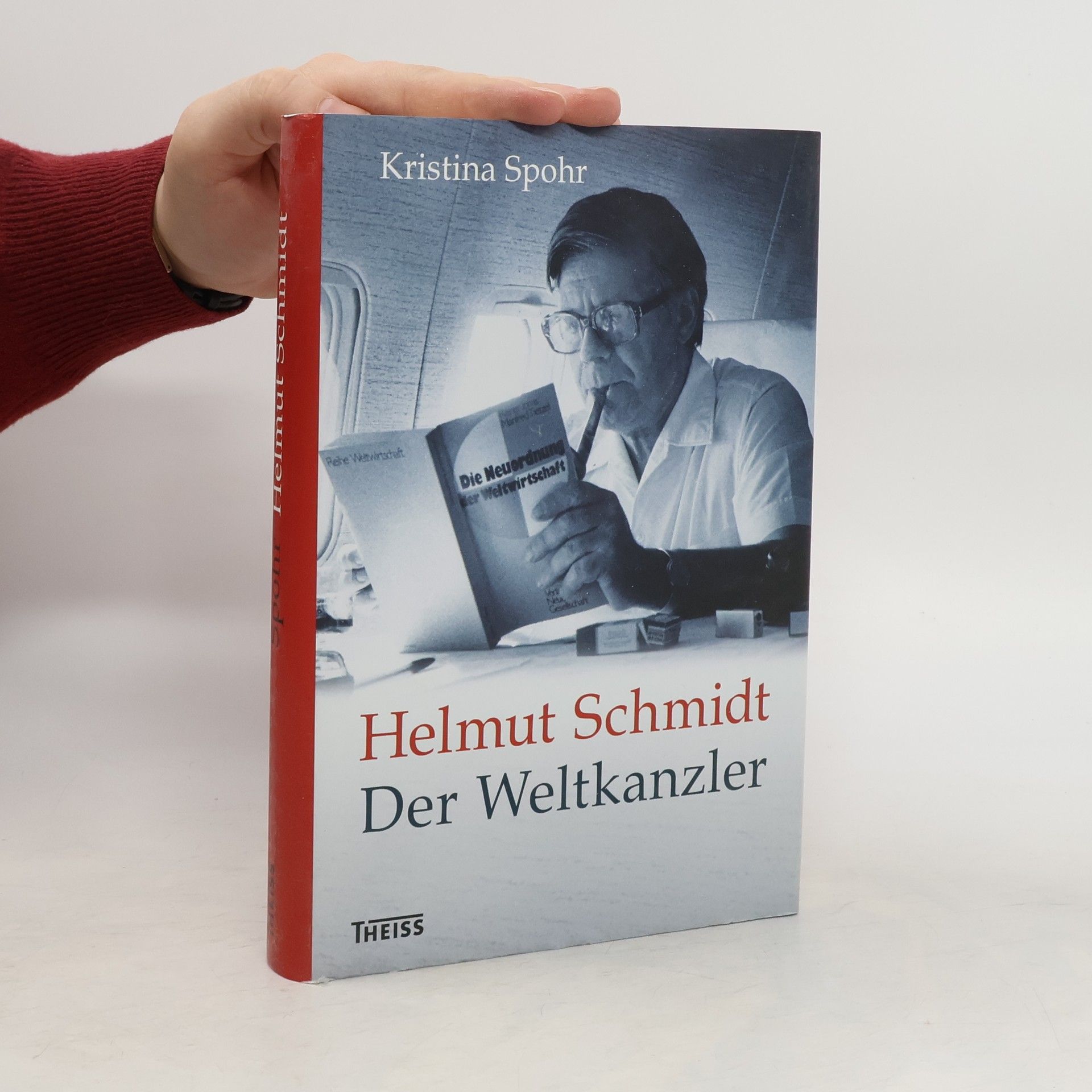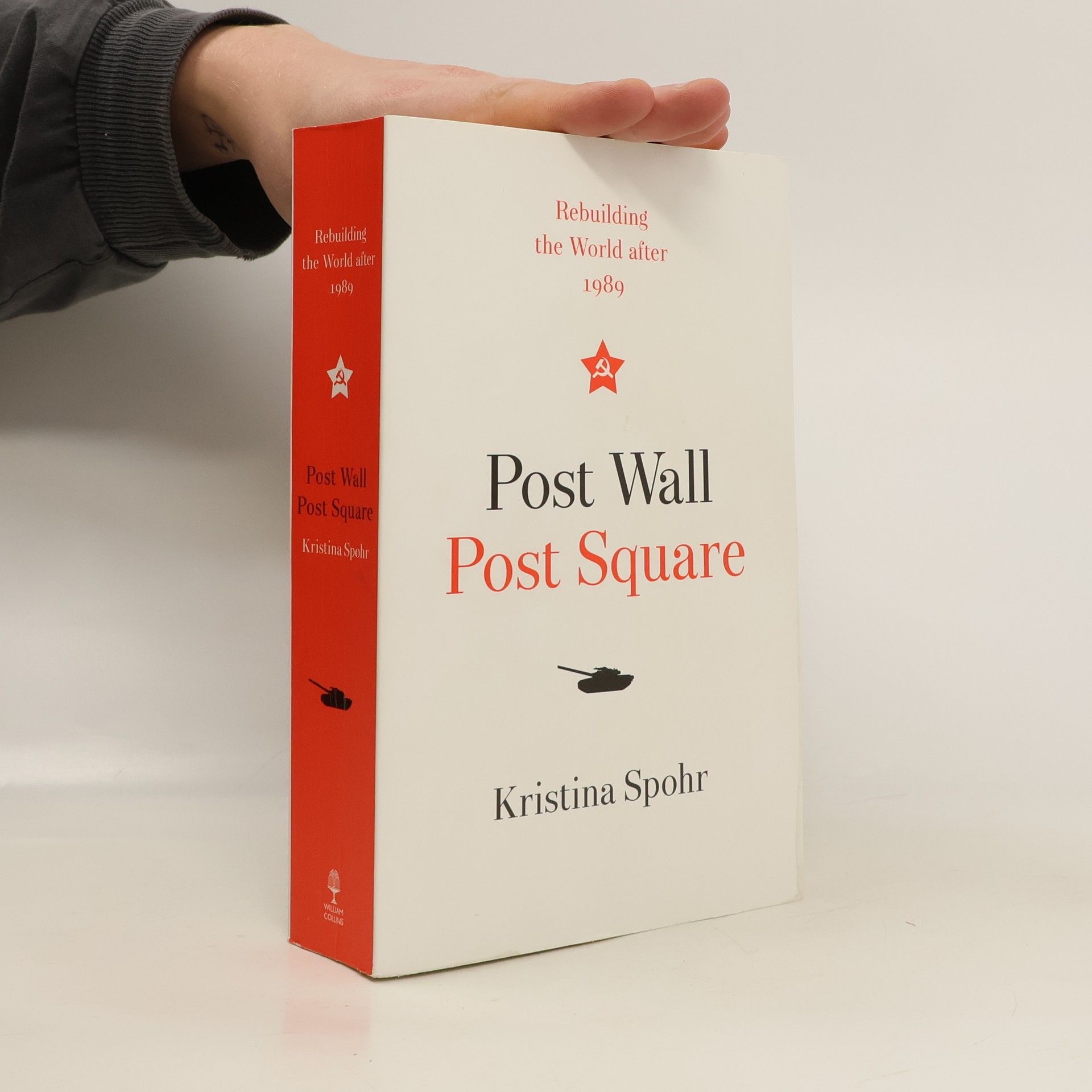Post Wall, Post Square : Rebuilding the World After 1989
- 432pages
- 16 heures de lecture
This landmark global study prompts a reevaluation of the events surrounding the end of the Cold War and the emergence of our current era. The dramatic shifts following the fall of the Berlin Wall and the violent protests in Tiananmen Square are examined through the lens of historian Kristina Spohr, who utilizes newly declassified archival sources to present a bold interpretation of the upheaval of 1989. Spohr argues that the Post-Wall world was largely shaped by the determined diplomacy of a select group of international leaders who engaged in tough yet cooperative negotiations to reinvent Cold War institutions. Her analysis includes a major reassessment of key figures such as US President George H.W. Bush, Soviet leader Mikhail Gorbachev, British Prime Minister Margaret Thatcher, German Chancellor Helmut Kohl, and French President Francois Mitterrand. Spohr emphasizes that the transformation in Europe must be understood within a global context, skillfully intertwining Western and Asian narratives. She contrasts the events in Berlin and Moscow with the brutal suppression of the pro-democracy movement in Beijing, led by Deng Xiaoping, who subsequently pushed for a different Communist reinvention in China. Meticulously researched and original, this work provides an authoritative contemporary history of the pivotal years from 1989 to 1992 and their lasting implications, linking them to today's geopolitical landscape marked by




